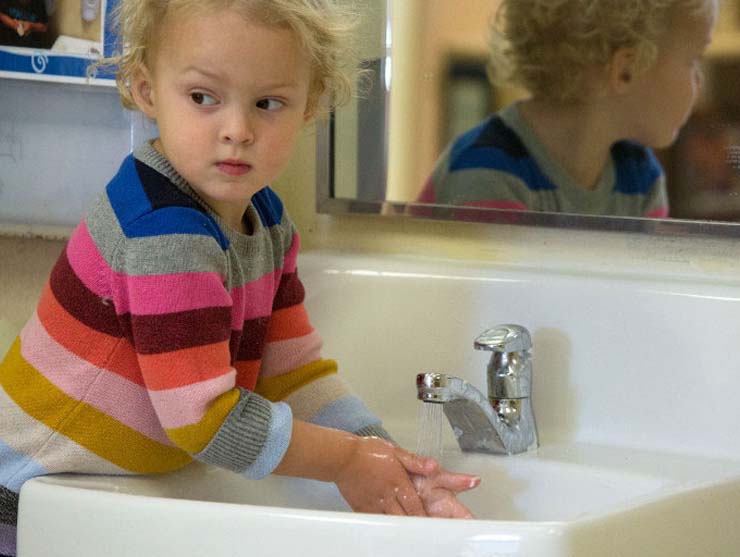“The big factor holding back the U.S. economic recovery: Child care.”
That was a headline from the Washington Post.
Dozens of other headlines have echoed it.
But why? Why is child care such a crisis for the economy? Why, as the post says, is its absence hindering companies?
Here’s why.
One of my great good fortunes these last few months has been the conversations I got to have with people on the frontlines of healthcare.
There was Julia, the pediatric infectious disease specialist looking out for her medically complex patients.
There was Robyn, the pediatric neuro-psychologist who continued her hospital rounds to reassure families of her young brain-trauma patients.
And there was Vivian, an ICU pharmacist instrumental in keeping her hospital up on COVID therapies pouring in from all corners.
That’s just the shortlist.
There was also Stephanie, Robyn, Akshay, Maloise, Karla, and Heather. They worked in clinics, ORs, delivery rooms, labs, ICUs, ERs. Many are married to other frontline professionals. Each played – continue to play -- a vital role.
All of them are working parents.
Together, they form the partner to all of those stories about child care and economic recovery we’ve all been reading. Many refer to millions of parents only collectively, as sort of a nameless, faceless cloud. “Nearly a third of the nation’s workforce has children at home, and they’re struggling,” wrote the Washington Post. But they don’t always identify their individual importance to the economy; what these parents do; what they know; what they mean to the people they work for and with. Julia, Robyn, Heather, Stephanie, and the rest fill in the blanks.
And right there is the answer to the question, “Why does the economy need child care?” Because people raising children have critical skills. They’re discoverers, thinkers, doers already in important roles. And not just in the medical field, but in every industry. There isn’t a day I don’t come to work and ask something of one of the ultra-smart moms and dads I get to work with – people who bring talents and skills we need, and answers I couldn’t find anywhere else. Not incidentally, they’re also bringing up the next generation of discoverers, doers, and thinkers – a feat made all the more important now that we’re experiencing what Brookings called “the COVID baby bust”; a dramatic plummet in new births. “Raising the next generation,” one researcher told the New York Times, “is a public good.”
You never know where a great save is going to come from. You never know who’s going to be responsible for the next business-changing discovery. To sideline any one of our talent resources – especially now -- would be not just to lose an employee; but to lose the vital knowledge, contributions, and possibilities they bring.
Would we want to sacrifice any of that?
That’s why child care is so important.





